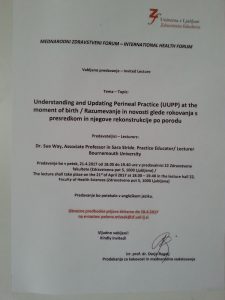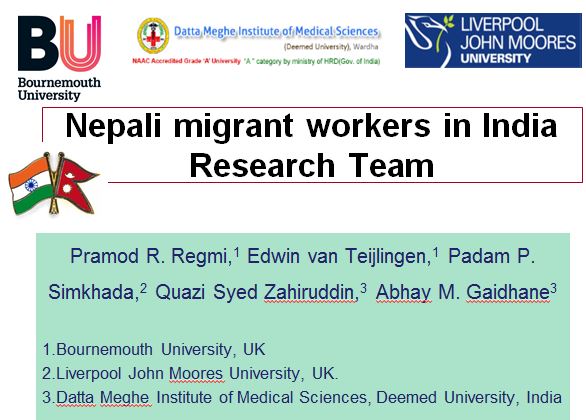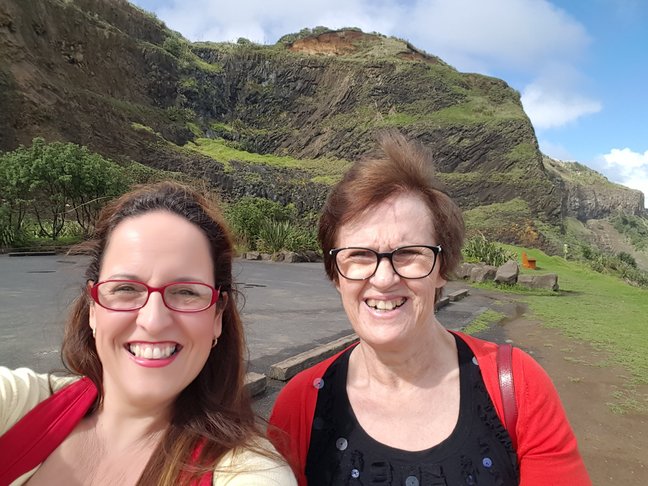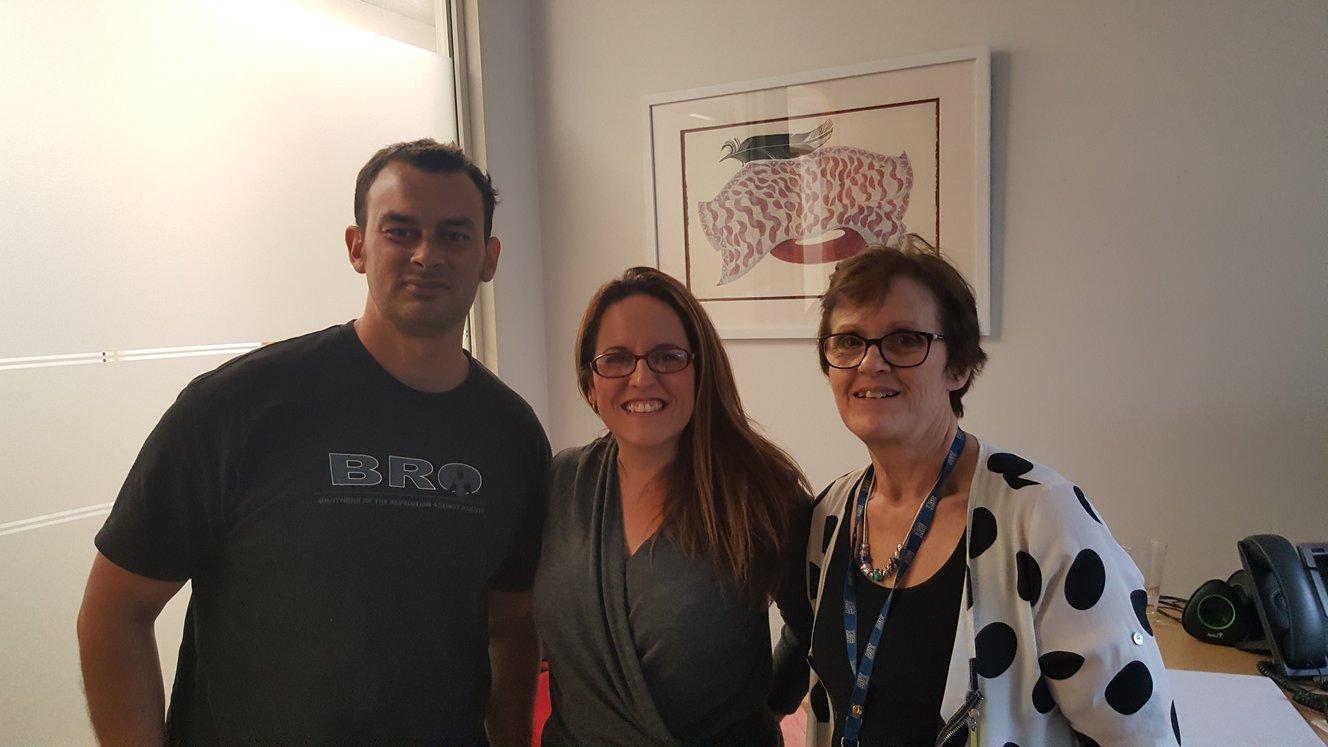
The following is a snap-shot of funding opportunities that have been announced. Please follow the links for more information:
Institute of Physics
Public Engagement Grant Scheme
This public engagement grant scheme provides up to £2000 to individuals and organisations running physics-based events and activities in the UK and Ireland.
Maximum Award: £2000 Deadline: 12 May 2017
Royal Society
Research grants
The scheme provides ‘seed corn’ funding for new projects of timeliness and promise. The objective of the scheme is to increase the availability of specialised equipment and essential consumable materials, and to support essential field research. The scheme also provides support for research in the history of science or to assist with publication of scholarly works in the history of science.
Maximum Award: £15000 Deadline: 6 June 2017
MRC
Call for Research to Improve Adolescent Health
The joint funders invite researchers to apply for funding to address questions of effectiveness and access to health interventions that will result in improved adolescent health in low and middle income countries (LMIC’s). Together the three funders have agreed to commit up to £10 million to this scheme.
Maximum Award: Unknown Deadline: 15 June 2017
Innovate UK
Jiangsu-UK Industrial Challenge Programme
The aim of this competition is to stimulate economic growth in China and the UK through projects in one of the following areas:
- innovation in infrastructure systems that address the challenges faced by infrastructure owners, cities, towns and users
- transformational or disruptive innovation leading to novel, new products, processes or services drawn from any technology, engineering or industrial area
Maximum Award: £500000 Deadline: 21 June 2017
Shanghai-UK Industrial Challenge Programme
The aim of this competition is to stimulate economic growth in China and the UK through projects in one of the following 2 areas:
- future cities: addressing the challenges brought on by rapid urbanisation, demographic and social change, resource scarcity and climate change
- transformational or disruptive innovation leading to novel, new products, processes or services drawn from any technology, engineering or industrial area.
Maximum Award: £500000 Deadline: 21 June 2017
NERC
Innovation Placements
Placements will work within a host organisation, on a specified project or one of their choosing, which is organised independently of NERC. Researchers will explore and demonstrate how partner organisations can make use of scientific knowledge, data, models or other tools to understand and manage their impacts and/or dependencies on the environment.
Maximum Award: £400000 Deadline: 29 June 2017
British Council
Promoting & Responding to Maternal, Neonatal, Child & Adolescent Health
Funder is now inviting early career researchers from the UK, South Africa or Kenya to apply for this workshop.
Maximum Award: Unknown Deadline: 30 June 2017
NIHR
Public Health Research Programme Researcher-led (evidence synthesis)
The primary aim of the programme is the evaluation of practical interventions. The funder will fund both primary research (mainly evaluative, but also some preparatory research) and secondary research (evidence synthesis); precise methods will need to be appropriate to the question being asked and the feasibility of the research.
Maximum Award: Unknown Deadline: 25 July 2017
If you are interested in submitting to any of the above calls you must contact your RKEO Funding Development Officer with adequate notice before the deadline.
For more funding opportunities that are most relevant to you, you can set up your own personalised alerts on Research Professional. If you need help setting these up, just ask your School’s/Faculty’s Funding Development Officer in RKEO or view the recent blog post here.
If thinking of applying, why not add notification of your interest on Research Professional’s record of the bid so that BU colleagues can see your intention to bid and contact you to collaborate.




















 I am here as part of my
I am here as part of my  Needless to say this experience is the start of some brand new friendship and international links, indeed I am already working on a bid and a paper! I also have plans for two more co-authored papers that will develop over the next few months…watch this space!!
Needless to say this experience is the start of some brand new friendship and international links, indeed I am already working on a bid and a paper! I also have plans for two more co-authored papers that will develop over the next few months…watch this space!! ESRC is
ESRC is 
 The British Council have announced that the
The British Council have announced that the 











 REF Code of Practice consultation is open!
REF Code of Practice consultation is open! BU Leads AI-Driven Work Package in EU Horizon SUSHEAS Project
BU Leads AI-Driven Work Package in EU Horizon SUSHEAS Project Evidence Synthesis Centre open at Kathmandu University
Evidence Synthesis Centre open at Kathmandu University Expand Your Impact: Collaboration and Networking Workshops for Researchers
Expand Your Impact: Collaboration and Networking Workshops for Researchers ECR Funding Open Call: Research Culture & Community Grant – Apply now
ECR Funding Open Call: Research Culture & Community Grant – Apply now ECR Funding Open Call: Research Culture & Community Grant – Application Deadline Friday 12 December
ECR Funding Open Call: Research Culture & Community Grant – Application Deadline Friday 12 December MSCA Postdoctoral Fellowships 2025 Call
MSCA Postdoctoral Fellowships 2025 Call ERC Advanced Grant 2025 Webinar
ERC Advanced Grant 2025 Webinar Update on UKRO services
Update on UKRO services European research project exploring use of ‘virtual twins’ to better manage metabolic associated fatty liver disease
European research project exploring use of ‘virtual twins’ to better manage metabolic associated fatty liver disease